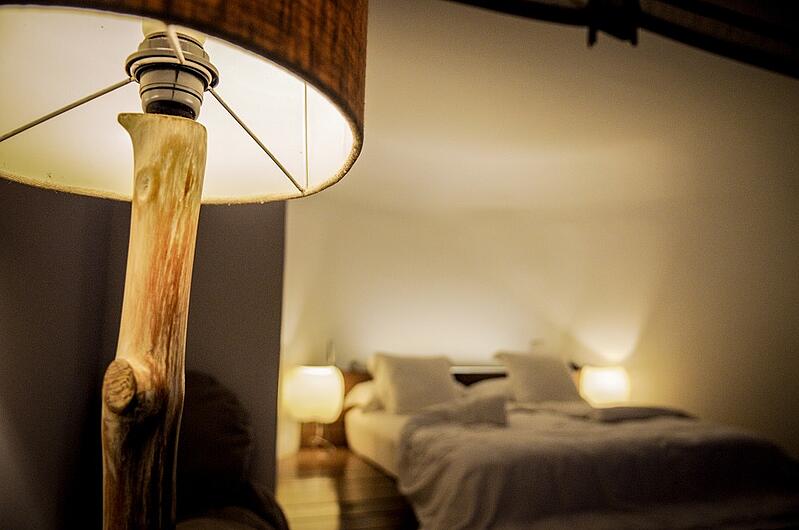Getting a better night’s sleep is essential to feeling refreshed, having enough energy to get through the day and remaining in good spirits.
When you or a family member is currently struggling with sleep problems, it can affect your whole life. Fixing the cause of sleep deprivation is essential to move past the problem.
Here are four ways to get a better night’s rest.
1. Skip the Caffeine After Midday
Caffeine is a useful stimulant that’s available in coffee, tea, and energy drinks. It has a half-life of at least 5-9 hours from the moment of consumption. While the majority of the effect dissipates in roughly five hours, there are still some lingering effects for up to nine hours.
To prevent caffeine from being a contributor to a lack of sleep, avoid consuming it after midday. If you’re able to ween yourself off of it entirely, even better.
2. Increase Sunlight Exposure During the Day
The circadian rhythm is our body’s way of tracking the passage of time. It affects when we’re awake and the best time to sleep too.
With insufficient exposure to sunlight, the body can get confused. It’s been found that bright lights during the day, even for a handful of hours, allow the body to readjust. As a result, getting to sleep and obtaining a refreshing night of rest becomes possible again.
3. Determine and Eliminate the Cause of Poor Sleep
When you’re living a difficult or stressful life, it affects you significantly more than is realized. Thinking about your troubles while lying in bed, it becomes harder to fall asleep. A difficult life often leads to contributory sleep problems.
For instance, elderly people who are finding it harder to manage, get stressed about it. Worrying about slipping in the bathtub or scolding themselves when cooking at the hob are common concerns. These worries can keep an older parent up at night.
If your parent(s) are in this situation and you’ve become aware that they’re having persistent sleeping problems, consider making their life easier through assisted living. These communities have staff that will clean their assisted living apartment, do the cooking for them, and be on hand if they get sick too. So, it’s a simpler, less stressful life for them. If you think this might help to relieves their stress and allow for a more restful night of sleep, take a look at this assisted living provider: npseniorliving.com.
4. Skip the Naps or Keep Them Short
When you’re sleep-deprived, it’s tempting to grab a nap in the middle of the day. This can be a positive or negative thing depending on how long the nap lasts.
A short 20-minute nap is useful to boost cognitive ability, the feeling of being more awake, and having renewed energy too. However, longer naps of an hour or more make it more difficult to sleep in the evening. This is because it can confuse your circadian rhythms and make you less tired at the end of the day.
Deliberate attention must be paid to get better sleep. Helping your body to do so and avoiding stimulants like caffeine or even sugar works best to get there.
If you find yourself dozing off while reading, watching tv, talking to someone, sitting in the classroom, or in traffic, sleep deprivation may be the reason. The best course of action is to start journaling when you find yourself falling asleep or dozing off.
Many people report an improved mood and a better memory, greater mindfulness and reduced stress. At the same time, research has shown journaling to reduce symptoms in cancer patients and improve patient health after a heart attack.
What to Track for Your Doctor:
- Wake up and bedtime
- The last time and meal you last ate
- The season and room temperature
- How tired you were at work
- The last drink you took (water, caffeine)
- Any medications you took
- Time of day and amount of exercise during the day
If you do not know where to start, writing prompts can be a good place to start if you are stuck. For example:
- I can’t sleep because I’m worried about…
- Today I felt…
- In life right now, I feel…
- I can’t sleep because tomorrow I have to…
- I can’t sleep because I’m thinking about how to fix…
- I can’t sleep because I’m mad about…
- I wish I would have ____ today…
- I can’t sleep because I have an idea about…
If you have never been diagnosed or seen a doctor over your sleep deprivation, consider contacting The Alaska Sleep Clinic for a free 10-minute phone call with a sleep educator who can help determine if a sleep study is necessary or if a consultation with our sleep specialist needs to be scheduled.












